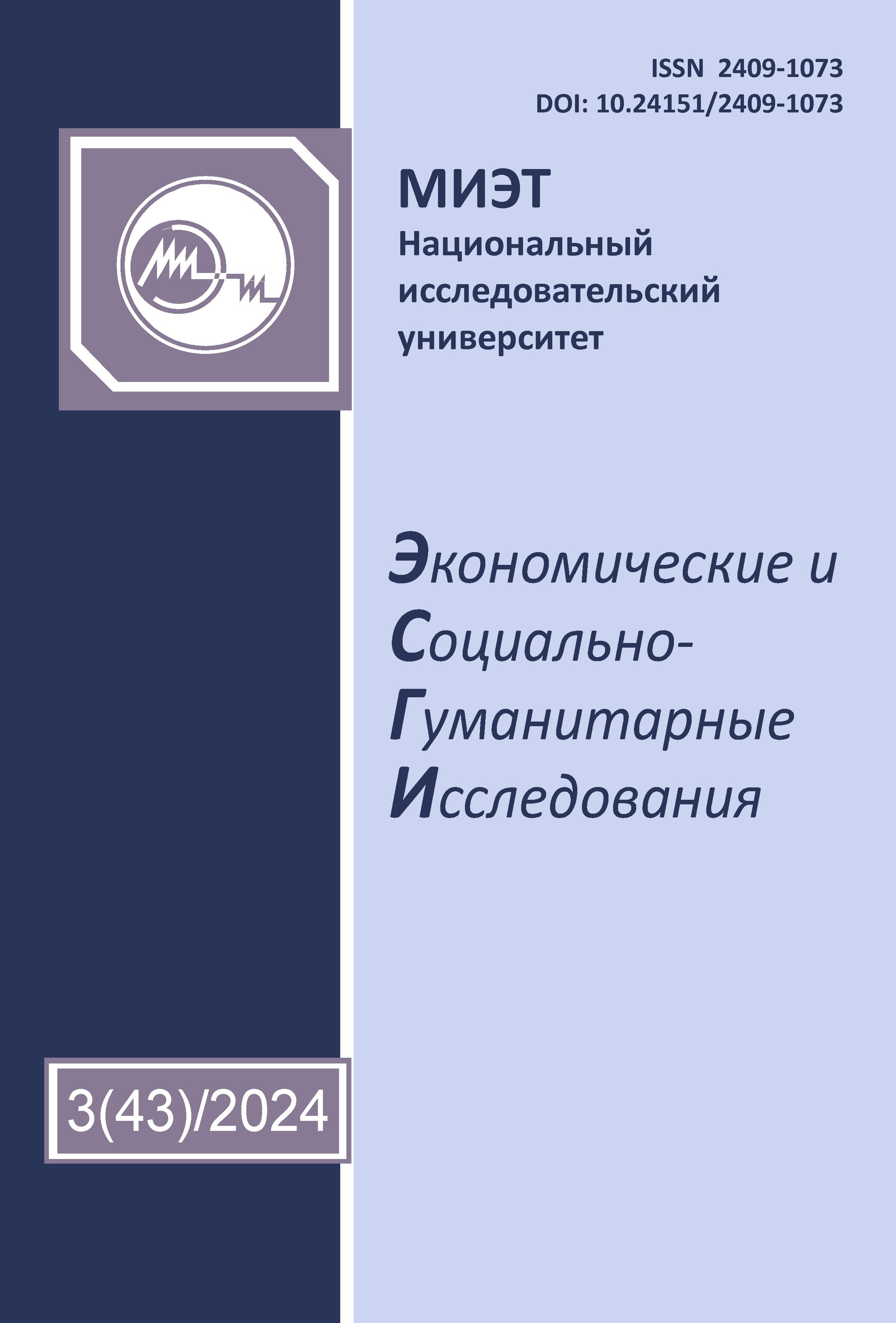Moscow, Russian Federation
The author assumes that philosophical understanding of the physical cognition development includes unity of ontological and epistemological aspects, where the ontological aspect is set by the very subject matter of the research focus on natural phenomena (light radiation, magnetization and bodies electrification). The main emphasis is on epistemological peculiarities of physicists’ cognitive activity in the formative years of New European classical science — as regards of evolution of views on electromagnetic processes. It is argued that individual results from the research on magnetism, electrified bodies, and light phenomena — as independent objects to be studied — over the first three centuries have formed the theoretical basis sufficient to elucidate the unified essence of these phenomena by means of classical Maxwell electrodynamics. It has been concluded that Maxwell’s outstanding service to 19th-century physical science has influenced the development of 20th-century quantum and relativistic physics.
physics epistemology, classical physics formation, physical knowledge, electromagnetism, Maxwell electrodynamics
1. Ampère André-Marie. Electrodynamics. Ed. and comment. by Ya. G. Dorfman. Moscow: Izd-vo AN SSSR, 1954. 492 p. (In Russian).
2. Galileo. Selected Writings. New transl. by W. R. Shea, M. Davie. Oxford: Oxford Univ. Press, 2012. 480 p. Oxford World’s Classics.
3. Gilbert William of Colchester. On the Loadstone and Magnetic Bodies, and on the Great Magnet the earth: A New Physiology, Demonstrated with Many Arguments and Experiments (1600). Transl. by P. Fleury Mottelay. Ann Arbor, MI: Edward Brothers, 1892. 368 p.
4. Golin G. M., Filonovich S. R. Classics of Physical Science (from Stone Age the the Early 20th Century): [collection]. Moscow: Vysshaya shkola, 1989. 576 p. (In Russian).
5. Grigor’yev V. I. Electromagnetism of Space Bodies. Moscow: Fizmatlit, 2004. 111 p. (In Russian).
6. Descartes René. Oeuvres complètes. T. 1. Sous la dir. de D. Kambouchner. Paris: Gallimard, 2016. 760 p. (In French).
7. Kasavin Ilya T. “The Birth of Philosophy of Science from the Spirit of Victorian Era”. Epistemologiya i filosofiya nauki = Epistemology & Philosophy of Science 56.1 (2019): 23—33. (In Russian). EDN: https://elibrary.ru/VUDDNE.
8. Knyazev V. N. “Origins and Formation of Classical Physics”. Problemy onto-gnoseologicheskogo obosnovaniya matematicheskikh i estestvennykh nauk 8 (2017): 34—44. (In Russian). EDN: https://elibrary.ru/ZXPCGN.
9. Knyazev V. N. Conception of Super-Interaction in the Philosophy of Physics. Moscow: Moscow Pedagogical State Univ., 2018. 194 p. (In Russian). EDN: https://elibrary.ru/YKYPJB.
10. Knyazev V. N. “Status of Electromagnetic Interactions in the Relational Paradigm”. VI Dekartovskiye chteniya “Dekart i sovremennyye formy translyatsii nauchnogo znaniya”: materialy Mezhdunar. nauchno-prakt. konf. Gen. eds A. I. Pirogov, T. V. Rastimeshina. Pt. 2. Moscow: MIET, 2019. 29—39. (In Russian). EDN: https://elibrary.ru/MNFXFF.
11. Kuznetsov B. G. Evolution of Basic Ideas of Electrodynamics. Moscow: LENAND, 2023. 296 p. (In Russian). Fiziko-matematicheskoye naslediye: fizika (elektrodinamika).
12. Lomonosov M. V. Works of Physics, 1753 to 1765. Moscow: Izd-vo AN SSSR, 1952. 607 p. (In Russian). Vol. 3 of Polnoye sobraniye sochineniy.
13. Richmann Georg Wilhelm. Works of Physics. Moscow: Izd-vo AN SSSR, 1956. 712 p. (In Russian).
14. Volkmann Paul. Erkenntnistheoretische Grundzüge der Naturwissenschaften: Und ihre Beziehungen zum Geistesleben der Gegenwart (1910). Whitefish, MT: Kessinger Publ., 2010. 482 S. (In German & English).
15. Einstein Albert, Infeld LEopold. The Evolution of Physics. Cambridge: Cambridge Univ. Press, 1938. 319 p.
16. Aepinus F. U. T. Aepinus’s Essay on the Theory of Electricity and Magnetism. Introductory monograph and notes by R. W. Home. Transl. by P. J. Connor. Princeton, NJ: Princeton Univ. Press, 216. 530 p. Princeton Legacy Library.







